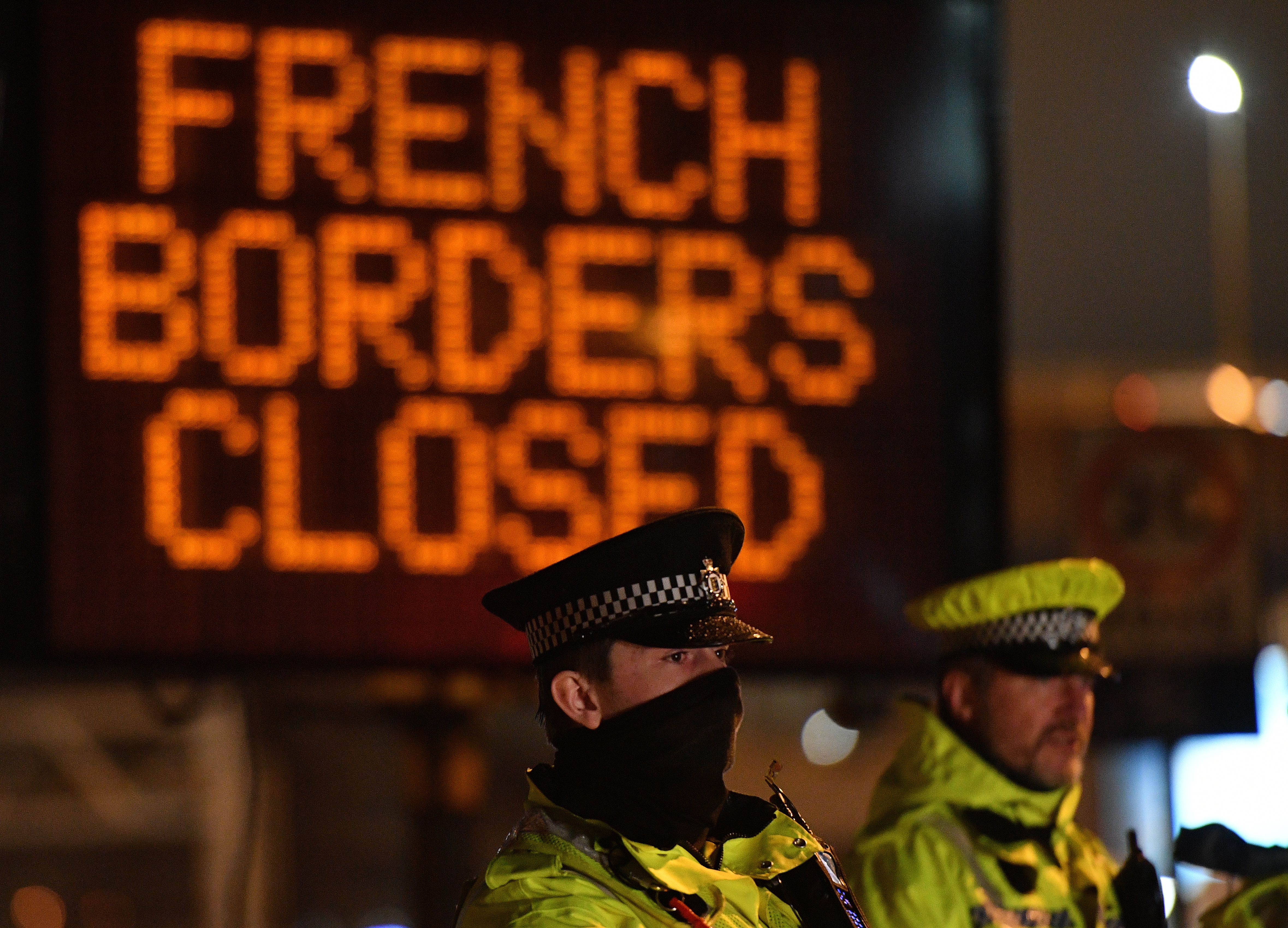The government’s most important economic policy is its vaccination programme, I say in the magazine this week. The speed at which people are immunised will determine when — and how quickly — the economy can reopen.
‘The advantage the vaccine has given us is so huge that we have to protect that’
But even when the so-called ‘non-pharmaceutical interventions’ are lifted domestically, there will likely continue to be restrictions on those entering from abroad. The view is that testing and tighter procedures at the border will be needed to protect the UK from the danger of any vaccine-resistant strain. Priti Patel’s admission this week that the government should have shut the borders last March is revealing of the current conversations inside government on what to do, and the way in which they are going.
One thoughtful figure in government tells me that ‘the advantage the vaccine has given us is so huge that we have to protect that’. The government is particularly interested in how Australia has used tough border measures to keep Covid out; the country has had under a thousand deaths from the virus during the pandemic. There is a feeling that Australia is a ‘parallel democracy’ and so the restrictions used there could be replicable here.
This Australian-style system — whereby entry is refused except to residents and those with an exemption, and quarantine must take place in a state-approved facility — would be devastating for business travel and tourism. But there is a growing sense in Westminster that this might be a price worth paying to protect the domestic economy from potential new strains of Covid until other countries have caught up with their vaccination programmes. Though even advocates of the strictest measures accept that hauliers would have to be exempt from quarantine and allowed in (if they had a negative test) to keep trade flowing. Others are sceptical, suggesting the Australian approach is possible only because of its geographical isolation.
But the fact that such debates are taking place is a reminder that a return to true normality will take considerable time.








Comments